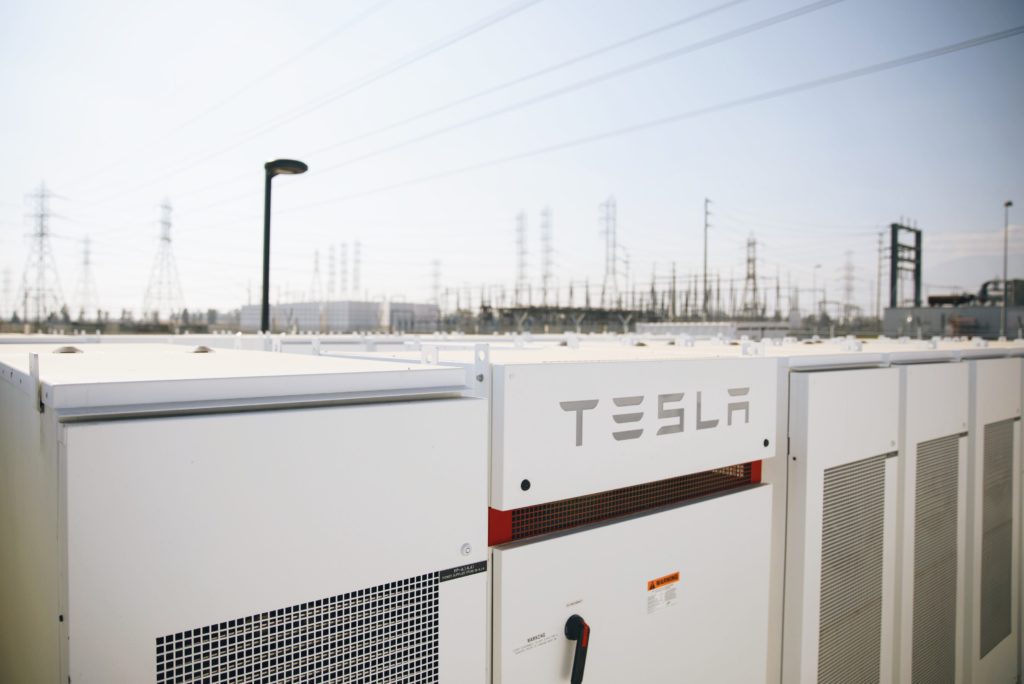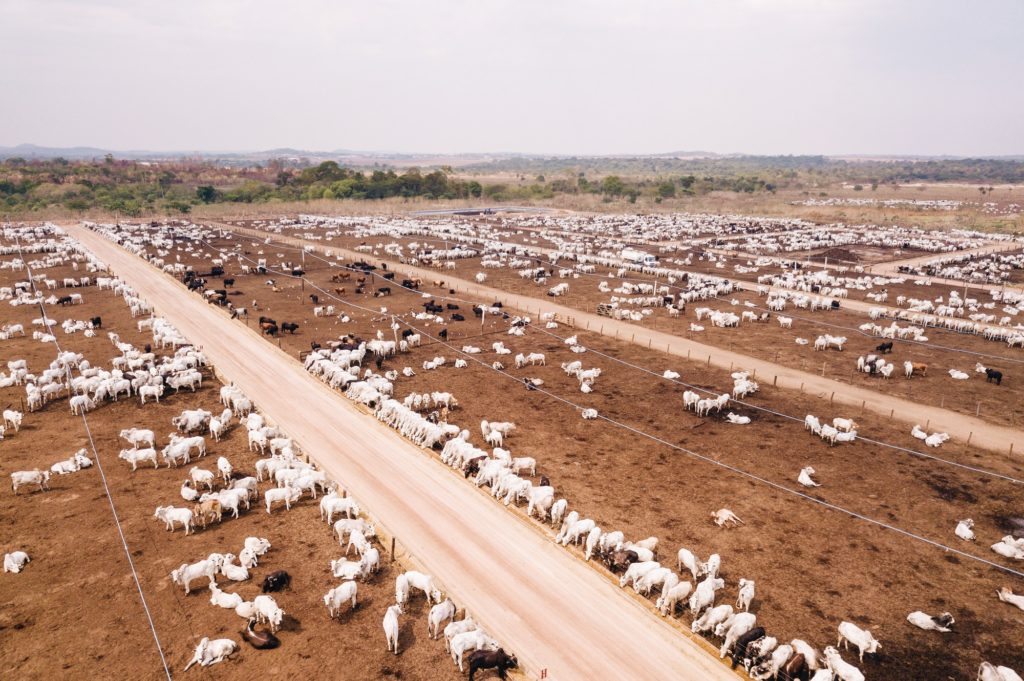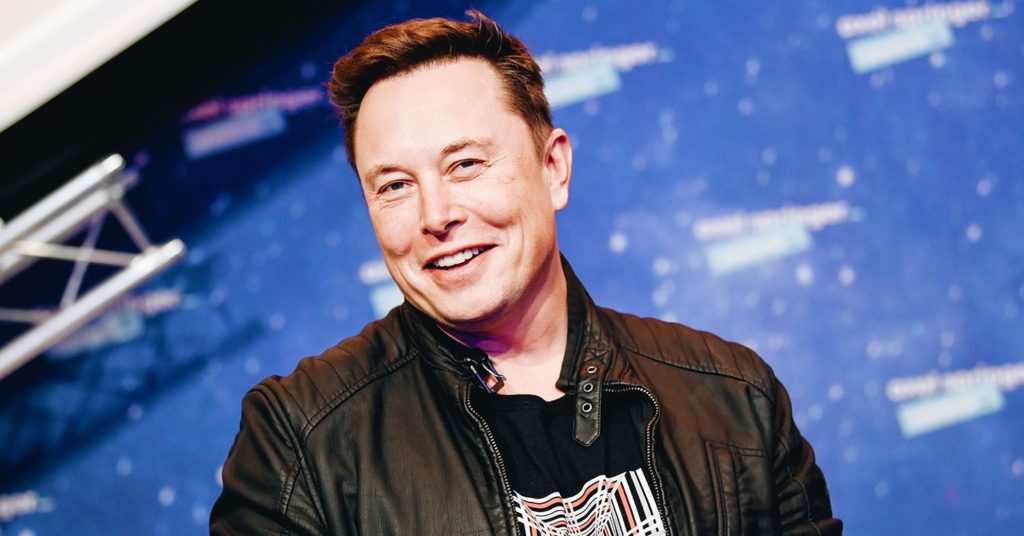Elon Musk, climate change solutions go beyond electric vehicles. For the sake of the planet, the billionaire entrepreneur should funnel his cash and influence into impact investing.
Undeniably, he’s concerned about carbon emissions. His electric car company, Tesla, replaced leather seats with vegan materials in all vehicles, and the Model 3 and Model Y cars are fully vegan as of 2020.
All Tesla patents are public to encourage more manufacturers to create electric vehicles. He recently launched a competition for a carbon-capture technology in which the winner will receive $100 million courtesy of Tesla. Notably, Elon Musk has yet to make an investment in the plant-based market.
But he’s not the only one. Many influential big-name impact investors, who also happen to be some of the richest people on Earth, are outspoken about their desire to lead positive environmental changes.

Deep-pocketed tech tycoons in the venture capital market claim to be committed to reducing the climate crisis and have made substantial investments in clean energy, health care, and social programs. These are all important causes, but investing in the plant-based food sector can have an even greater impact on these goals.
Jeff Bezos has made multiple investments in the plant-based sector. In 2019, he invested in vegan food brand NotCo. Bezos, along with Richard Branson and Bill Gates, led a $90 million funding round into vegan meat startup Motif Ingredients. Bill Gates has also invested in Beyond Meat and Impossible Foods.
Notably, Elon Musk has yet to make an investment in the plant-based market. Here’s why it’s smart for any investor to focus on plant-based foods.
The Top 4 Reasons Investors Should Focus On Plant-Based Foods

Global Warming
Musk tweeted that “if everyone went vegan it wouldn’t stop climate change.” Climate experts disagree and have found that if everyone went vegan food-related emissions would reduce by 70 percent.
Animal agriculture accounts for an estimated 87 percent of annual GHG through feed production, usage of natural resources including water, deforestation, and animal bodily functions releasing methane into the environment which is exacerbated through forced unnatural grain-based diets. GHG from food production accounts for almost a third of all carbon pollution on the planet.
Raising cattle creates more GHG than exhaust from transportation. A Natural Resources Defense Council report found that a reduction in beef consumption by 19 percent from 2005 to 2014 reduced carbon emissions equivalent to 39 million fewer cars in the States.
Driving a Tesla is great for fighting global warming, but going vegan is better. In the United States, vegans are responsible for less than 10 percent of diet-related greenhouse gas emissions. By 2050 food-related gas emissions will produce over half of global emissions created by humans. That is, unless more of us adopt a more plant-based diet.

Deforestation
Animal agriculture is the major culprit of deforestation, which also contributes to GHG emissions.
Centering impact investing in plant-based food reduces deforestation, land, and water use—all of which contribute to the climate crisis. No less than 60 percent of global biodiversity loss is from livestock production. The World Wildlife Fund reports that reducing livestock production by 50 percent would protect forest inhabitants. This could save 30 percent of biodiversity.
Brazil, where the fragile ecosystem in the Amazon Biome is at risk, 80 percent of converted lands in the region are used for cattle ranching according to the World Bank. An astonishing 80 percent of the deforestation in the Amazon is illegal.
As of 2000, deforestation was responsible for 75 percent of Brazil’s GHG emissions. Yet, to meet the global demand for meat, Brazil exported 1.8 million tons of beef in 2018. The size of Brazil’s cattle herd grew to 219 million in 2016 from 158 million 30 years prior.

Human Health
A 2016 study published in the Proceedings of the National Academy of Sciences found that a global switch to a plant-based diet could save up to eight million lives annually and reduce food-related GHG emissions by two-thirds.
Consuming meat can cause an increased risk of cardiovascular disease, some cancers, and type 2 diabetes. If sustainable impact investors are truly concerned about accessible health care, they must back plant-based food companies and drive capital away from meat entities.
A healthy vegan diet is higher in fiber, vitamins, and antioxidants. And, it’s lower in salt, saturated fat, sugar, and cholesterol which can all lead to health issues. Many plant-based eaters have lower cholesterol and blood pressure, which minimizes the likelihood of heart disease. Vegans may be less likely to develop type 2 diabetes.
Profit
A plant-based diet is the most environmentally sustainable diet and is also fast becoming a profitable investment. In 2019, retail sales of plant-based foods grew 11.4 percent to $5 billion while the total U.S. retail food sector grew just 2 percent.
In the plant-based sector, vegan milks and dairy products saw the largest growth. The market for plant-based products is expected to grow by 28 percent each year this decade. And there’s still plenty of room for growth. Categories such as plant-based eggs and seafood still have plenty of room to grow. And alternative proteins such as fermented and algae-based are just getting started.
Some of the world’s biggest meat companies, including Tyson, JBS, and Hormel see the potential for profit in the plant-based sector and have both invested and produced their own meat alternatives.
Plant-based brands aren’t being left in the dust, either. After all, shouldn’t the profits go toward those who actually care about creating change?
Beyond Meat, Laird Superfood, Natural Order Acquisition Corp., and The Very Good Butchers are among the vegan brands that have gone public. High-profile investors in the space range from the aforementioned Gates and Branson to Leonardo DiCaprio and even Oprah (but notably, not Musk).
Investing with a conscience may have once sounded like an oxymoron, but these days, impact investing is actually turning a profit. And with market studies showing that conscience consumerism is here to stay, there’s no better time than the present to invest in the future of the planet.
Investing in the plant-based food sector supports combating climate change, creating animal welfare, and prioritizing human rights. Impact investments by Musk and others committed to addressing the climate crisis must mirror their concerns about creating a sustainable future.
You don’t have to be a deep-pocketed tech entrepreneur to take part in creating change with your pocketbook. The plant-based market is growing at a rate not seen since the dot-com boom. Investing in publicly listed companies is becoming more accessible to the general public, of all income levels.
Simply put, the most impactful way for anyone looking to create significant positive change with their investment dollars is to focus on plant-based foods.
Investing in the plant-based food sector supports combating climate change, creating animal welfare, and prioritizing human rights. Impact investments by Musk and others committed to addressing the climate crisis must mirror their concerns about creating a sustainable future.
You don’t have to be a deep-pocketed tech entrepreneur to take part in creating change with your pocketbook. The plant-based market is growing at a rate not seen since the dot-com boom. IPOs are becoming more and more accessible to investors in all income brackets.
Simply put, the most impactful way for anyone looking to create significant positive change with their investment dollars is to focus on plant-based foods.


